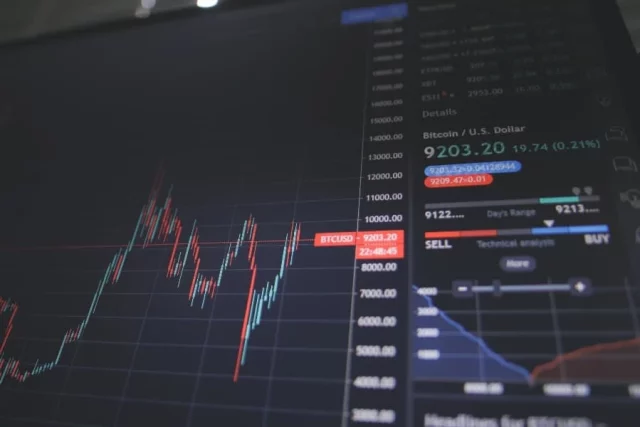Once you have decided to trade in futures contracts, the next step is selecting which ones to invest in. This decision can be a daunting process as you must consider many factors.
Learn About Futures Contracts
To begin with, it is essential to recognise the wide range of futures contracts available and become familiar with their features. Generally speaking, each asset class has its rules, meaning that not all futures contracts will suit every trader’s needs.
For example, commodities such as oil or corn are usually traded on exchange-traded derivatives (ETDs). Equity index futures provide exposure to a basket of stocks, while currency futures offer leverage on foreign exchange trades. Therefore, it is essential to understand what type of exposure you require before committing to any particular asset class.
Access Specific Markets
The second factor to consider is whether there are specific markets that you need to access to make a successful trade. For example, if you want exposure to the US stock market, investing in the S&P 500 futures contract would be sensible, as this will provide direct access to the index’s stocks. However, for traders seeking broader European exposure, there are other options, such as Euro FX futures or Eurex index derivatives which track global indices from different countries.
Consider The Liquidity Of The Market
Thirdly, it is essential to consider liquidity when choosing a futures contract. Traders can measure this liquidity in terms of volume and open interest, the two factors influencing how easy it is for buyers and sellers to find a price at which they can agree on a transaction. The more liquid a contract is, the lower the spread between the bid and ask prices, making it easier for traders to enter and exit positions without incurring significant losses.
Do Your Research
Finally, research is essential when selecting the proper futures contracts to trade. Not only should you investigate potential markets before investing in them, but you should also be aware of any associated risks. For example, commodity futures are often subject to supply and demand cycles, while currency futures may have exposure to macroeconomic events such as central bank decisions or political uncertainty. Understanding these factors will help minimise potential losses and maximise your chances of successful trading.
Know The Risks
When selecting a futures contract, it is essential to understand the potential risks associated with each one. Although futures contracts can provide great rewards, they also carry substantial risks. As such, it is essential to educate yourself thoroughly about the markets you are trading in and assess whether the risks posed are appropriate for your circumstances and goals.
How To Mitigate The Risks Of Trading Futures Contracts
It is possible to minimise the risks associated with futures trading through careful planning and research:
- Traders should ensure that their chosen contracts are liquid enough for their needs, making it easier to enter and exit positions without incurring significant losses.
- Comprehensive market analysis is essential to identify potential opportunities and understand associated risks.
- It is important to remember that leverage can be beneficial and dangerous, so traders must use caution when taking additional risks to maximise your chances.
Why Using A Broker Is Advised When Trading Futures.
Finally, using a broker to trade futures can help minimise potential losses. Not only do brokers have access to better pricing and market information, but they can also assist in selecting the proper contracts and setting up trades to reduce risk. Ultimately, this will give you the best chance of making successful trades.
Conclusion
Selecting which futures contracts to trade requires careful consideration of various factors. It is essential to become familiar with the available asset classes and decide which will offer you the most suitable exposure for your needs. Additionally, research into specific markets should be conducted so that you have an understanding of liquidity levels and any associated risks before committing capital. By taking these steps, you can ensure that you make informed decisions and maximise your potential chance of doing well.














